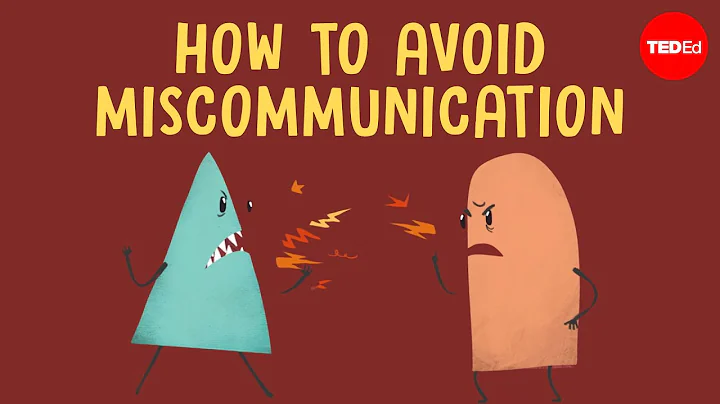Needing Context in non-Activity classes
Solution 1
It depends on the role of the class. But anyway pass ApplicationContext but not Activity one. If you pass Activity context gc can't remove it from the memory when after you don't need activity anymore. But application context is used while application was not finished by OS.Refer Avoid Memory Leaks
Solution 2
Pass it as a parameter. Or better yet, get the application context to avoid memory leaks.
public class Example {
protected Context context;
public Example(Context context){
this.context = context.getApplicationContext();
}
}
Solution 3
I'm pretty much always going with a constructor parameter approach. I pass it in the instantiation and keep a private reference in the instantiated class.
You have to think about one important thing. If the class you pass the Context will exist longer than the Activity instantiating it then you should use the application context. If that class is doing UI stuff you will need an activity context.
Make sure that the class you are passing an activity context to won't last longer than the Activity or you'll leak the entire activity.
If you don't do UI stuff then go with the application context.
Solution 4
I pass it as a parameter, i think its de best form to do it
Solution 5
Pass it at class instantiation and keep it.
One typical example is when you create a db helper. See this link
Related videos on Youtube
theblitz
Updated on June 12, 2020Comments
-
theblitz about 4 years
I have some classes within my application that need to call Android functions that require the Context as a parameter. I don't have it as the class is not a subclass of the Activity class.
What is the correct way to tackle this problem?
- Pass it as a parameter on each call?
- Pass it at class instantiation and keep it?
-
theblitz over 13 yearsOn each call to the function?
-
theblitz over 13 yearsPerfect!Just what I was looking for
-
Aracem over 13 yearsDepends on the case. If u need only in a methop use a parameter. If u need in a class where it use many times, pass a parameter in the constructor and asing to a atribute:
public class Example{ private Context mContext; public Example(Context context,int other, int other,int other){ this.context = context; [...] } public void method(){ Toast.makeText(mContext,"text",Toast.Toast.LENGTH_SHORT).show(); } } -
theblitz over 13 yearsIt is a UI application so the instantiated class will disappear on exit.
-
Octavian Damiean over 13 yearsWell I know that it is an UI application as you were talking about an
Activitybut is the class needing that context doing UI stuff? -
theblitz about 13 years:) Nope. But it is going to need to access SQLite so it needs the Context.
-
theblitz about 13 yearsWon't it disappear with the activity?
-
Octavian Damiean about 13 yearsRight then you should go for a non activity context.
-
theblitz about 13 yearsSo - the Application Context?
-
Maxim about 13 years@theblitz If context object is used it is not be collected (as any other object)
-
theblitz about 13 yearsI meant that surely my instantiated class will disappear with the Activity itself when it closes.
-
theblitz about 13 yearsSo just pass this.getApplicationContext to any class that need it. Right?
-
Octavian Damiean about 13 yearsWell in that particular case yes but keep in mind what I posted in my answer. With that type of context you won't always be able to do what you want.
-
theblitz about 13 yearsAll my UI happens at the top level so it shouldn't be a problem.
-
theblitz about 13 yearsHow come they pass "this" to NotesDbAdapter in the Notepad example? Isn't that the same thing?
-
Maxim about 13 yearsIt is the same thing. So their example is not match to idea of their article I mentioned above. Same thing you can meet with convertView of CustomAdapter getView method that explained by Romain Guy on Google I/O. But convertView isn't used in some developer.android.com articles
-
 Adam Matan almost 12 yearsLink's dead - any new references?
Adam Matan almost 12 yearsLink's dead - any new references?






